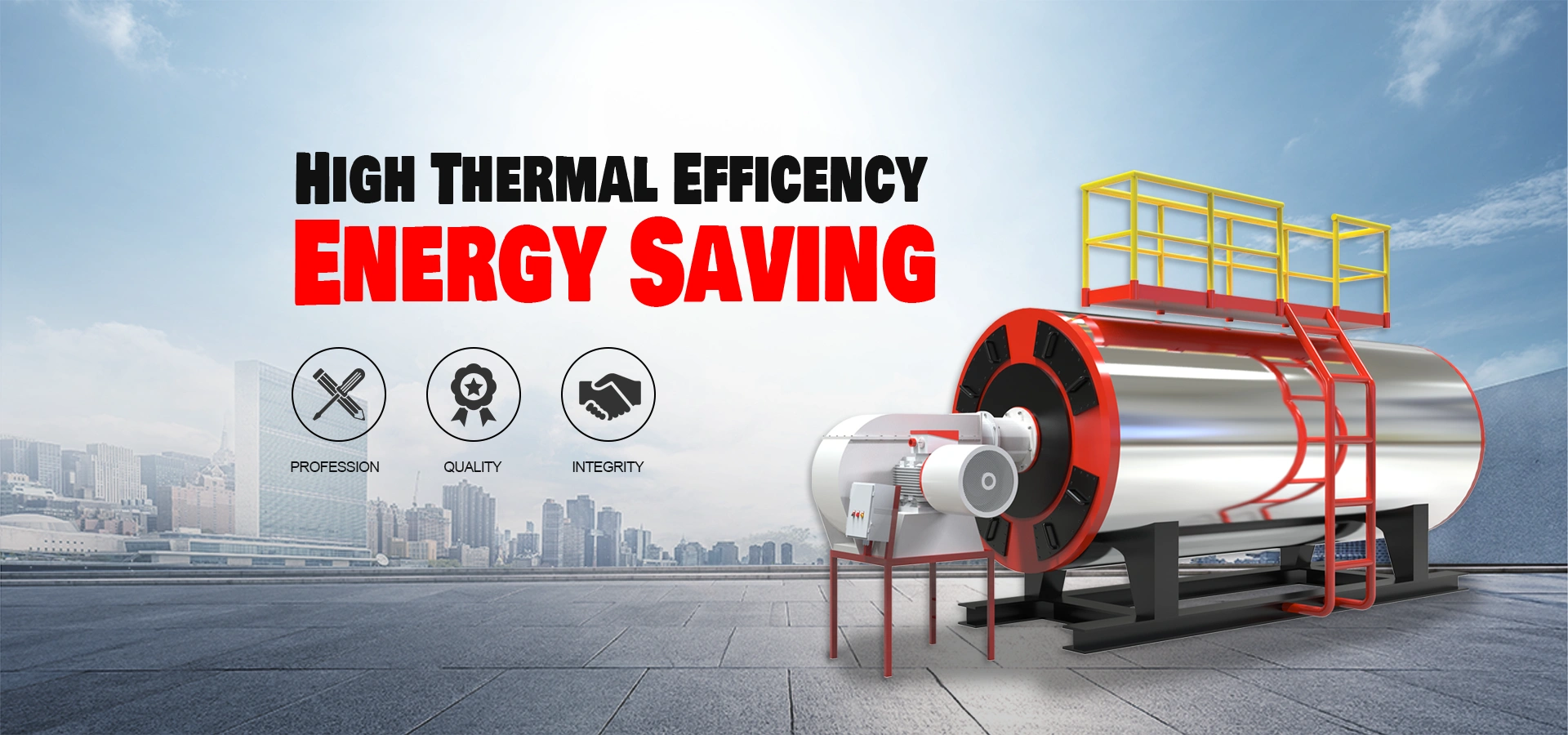
Dec . 05, 2024 15:41 Back to list
thermic oil boiler
Understanding Thermic Oil Boilers An Essential Overview
Thermic oil boilers, also known as thermal oil heaters, play a significant role in various industrial processes, providing a reliable and efficient way to transfer heat. These systems are designed to circulate thermal oil, as opposed to water or steam, to achieve high temperatures without the corresponding pressure levels. This unique characteristic makes them particularly beneficial for industries requiring precise temperature control and safe operations.
How Thermic Oil Boilers Work
The primary function of a thermic oil boiler is to generate heat by burning fuels such as natural gas, fuel oil, or biomass. The combustion process heats the thermal oil in a closed loop system. As the oil heats up, it is circulated through a network of pipelines to different process equipment or heaters, where it transfers its thermal energy to the required areas.
Unlike traditional steam-based systems, thermic oil boilers operate at lower pressures, which significantly reduces the risk of explosions and enhances safety for operators. Since the boiling point of thermal oil is much higher than that of water, these systems can achieve higher temperatures without increasing pressure, allowing for smoother operations and less wear on equipment.
Benefits of Thermic Oil Boilers
1. High Efficiency One of the primary advantages of thermic oil boilers is their efficiency. They are designed to operate at high thermal efficiencies, often exceeding 90%. This means that a significant portion of the energy consumed is converted into usable heat, minimizing waste and reducing operational costs.
2. Temperature Control These systems allow for precise temperature control, making them ideal for industries with stringent heating requirements. The ability to maintain stable temperatures contributes to consistency in product quality and enhances overall process reliability.
thermic oil boiler

3. Safety Operating under lower pressure means that thermic oil boilers pose a reduced risk of hazardous incidents compared to conventional steam boilers. Furthermore, thermal oils are typically less corrosive, resulting in longer equipment lifetimes and lower maintenance costs.
4. Versatility Thermic oil systems are suitable for a wide range of applications across various industries. They are commonly used in food processing, chemical production, textiles, and metallurgy, among others. Their versatility allows them to be adapted to different processes and materials.
5. Reduced Maintenance The closed-loop system of a thermic oil boiler minimizes the need for water treatment, which simplifies maintenance requirements. With good thermal oil management, the need for frequent inspections and servicing can be significantly diminished.
Applications of Thermic Oil Boilers
Thermic oil boilers are utilized in a variety of industrial applications due to their ability to deliver consistent and high-quality heat. Some typical applications include
- Food Industry Used in processes like frying, distillation, and pasteurization, thermic oil boilers ensure that food products are cooked or processed at the correct temperatures. - Chemical Processing Many chemical reactions require precise heat management. Thermic oil heaters provide the reliable temperatures necessary for these processes. - Textiles In textile manufacturing, thermic oil heaters are crucial for dyeing and finishing processes, guaranteeing consistent heat transfer and high-quality outputs. - Metallurgy Heating metals for curing, treatment, or bending operations is another critical application where thermic oil boilers excel.
Conclusion
In conclusion, thermic oil boilers are indispensable in modern industrial applications. Their ability to provide high efficiency, precise temperature control, safety, and versatility makes them an attractive choice over traditional systems. As industries continue to evolve and prioritize operational efficiency, the adoption of thermic oil boilers is likely to increase, fostering innovation and productivity across various sectors. Understanding the workings and benefits of these systems is essential for any industry professional looking to optimize their heating processes and maintain competitive edge.
-
High-Efficiency Gas Thermal Oil Boilers | HPT Models
NewsJul.31,2025
-
Oil Fired Hot Water Boilers Sale - High Efficiency & Affordable
NewsJul.31,2025
-
High-Efficiency Commercial Oil Fired Steam Boiler for Industry
NewsJul.30,2025
-
High-Efficiency Biomass Fired Thermal Oil Boiler Solutions
NewsJul.30,2025
-
High Efficiency Gas Fired Thermal Oil Boiler for Industrial Heating
NewsJul.29,2025
-
High-Efficiency Gas Fired Hot Water Boiler for Sale – Reliable & Affordable
NewsJul.29,2025
Related PRODUCTS






















